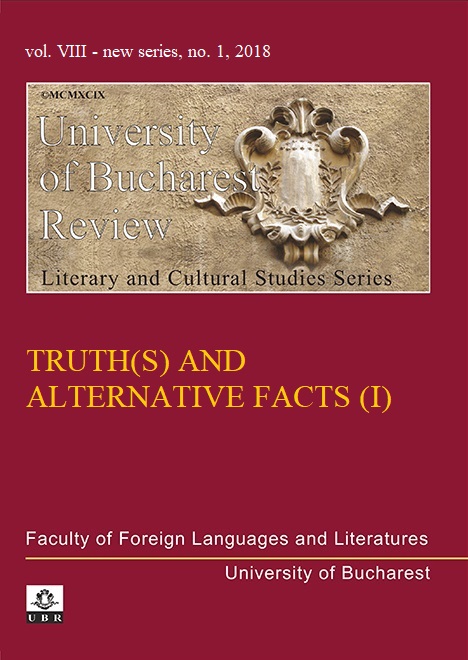“WHY SHOULD IT BE TRUE”? THE QUEST
FOR ANCIENT NEAR EASTERN HISTORY
“WHY SHOULD IT BE TRUE”? THE QUEST
FOR ANCIENT NEAR EASTERN HISTORY
Author(s): Cristian PopescuSubject(s): Ancient World
Published by: Editura Universităţii din Bucureşti
Keywords: Ancient Near East; Egypt; history; the Hittites; Israel; Mesopotamia; truth;
Summary/Abstract: This conceptual paper explores the complex problem of truth in Ancient Near Eastern historiography. In his Presidential Address to the American Oriental Society, Professor Beckman suggests that “in dealing with a cuneiform narrative ofpurported historical content we ask first of all, Why should this or that statement or implication be true? rather than Why might it be false?” (Beckman 349) This sobering remark of the distinguished Hittitologist obviously concerns, beyond the central cradle of cuneiform civilizations, Egypt as well, India, China, and other ancient civilizations. Indeed Beckman thereby engages one natural inclination that ceaselessly threatens to overpower its ‘checks and balances’ vastly variable across time, space, culture, group of belonging, socio-demographic factors, personality,and situation: i. e., self-interest (or, alternatively, that “falsity, which seems to berooted in human nature itself”, Kant, Practical Philosophy 554). And yet, the fundamental fact that there are ‘checks and balances’ against the domination of self interest is simply not acknowledged by Beckman. I contend that Beckman’s methodological skepticism is sound, while his anthropological pessimism is rather one-sided. Human culture, including ancient cultures, takes great pains at helping human nature in erecting such ‘checks and balances’ against self-indulgence.Specifically, in his Presidential Address to the American Historical Association,Professor Beard distinguishes between history as past actuality (“all that has been done, said, felt, and thought”), history as record (“monuments, documents, and symbols”), and history as thought (“thought about past actuality, instructed and delimited by history as record” – Beard 219-220). I discuss problems in AncientNear Eastern history at all three levels. Moreover, I suggest a counterintuitive operationalization of the world-famous concept of ‘value freedom’ (Weber,Collected 304-334) that should assist our quest for truth in history. And yet, the problem of truth in Ancient Near Eastern historiography remains a complex problem with no simple solution.
Journal: University of Bucharest Review. Literary and Cultural Studies Series
- Issue Year: VIII/2018
- Issue No: 1
- Page Range: 44-55
- Page Count: 12
- Language: English

